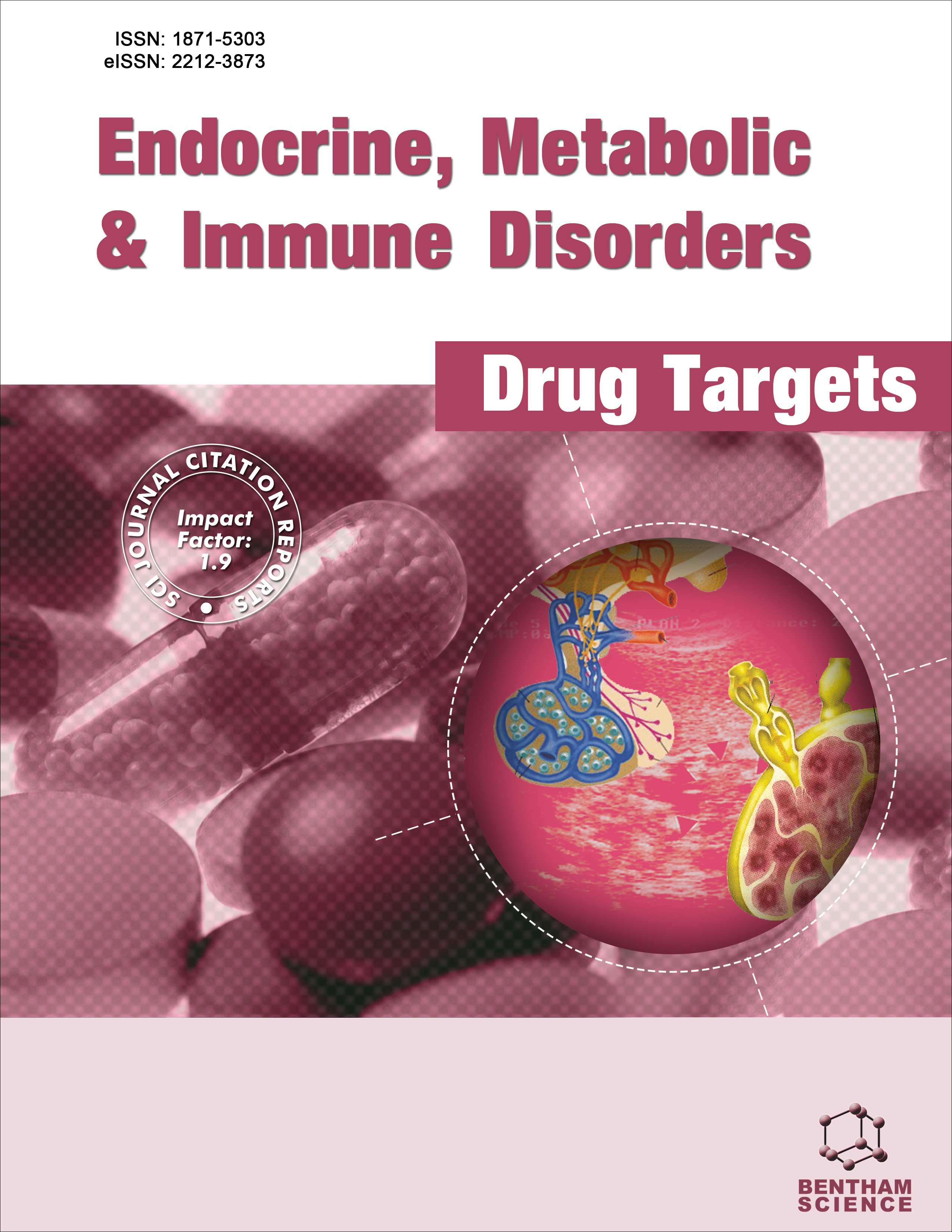-
s Neutrophil Derived Microvesicles: Emerging Role of a Key Mediator to the Immune Response
- Source: Endocrine, Metabolic & Immune Disorders-Drug Targets, Volume 14, Issue 3, Sep 2014, p. 210 - 217
-
- 01 Sep 2014
Abstract
In response to infection and trauma, exquisite control of the innate inflammatory response is necessary to promote an anti-microbial response and minimize tissue injury. Over the course of the host response, activated leukocytes are essential for the initial response and can later become unresponsive or undergo apoptosis. Leukocytes, along the continuum of activation to apoptosis, have been shown to generate microvesicles. These vesicles can range in size from 0.1 to 1.0 μm and can retain proteins, RNA and DNA of their parent cells. Importantly, neutrophil-derived microvesicles (NDMV) are robustly increased under inflammatory conditions. The aim of this review is to summarize the research to date upon NDMVs. This will include describing under which disease states NDMVs are increased, mechanisms underlying formation, and the impact of these vesicles upon cellular targets. Altogether, increased awareness of NDMVs during the host innate response may allow for diagnostic tools as well as potential novel therapies during infection and trauma.


